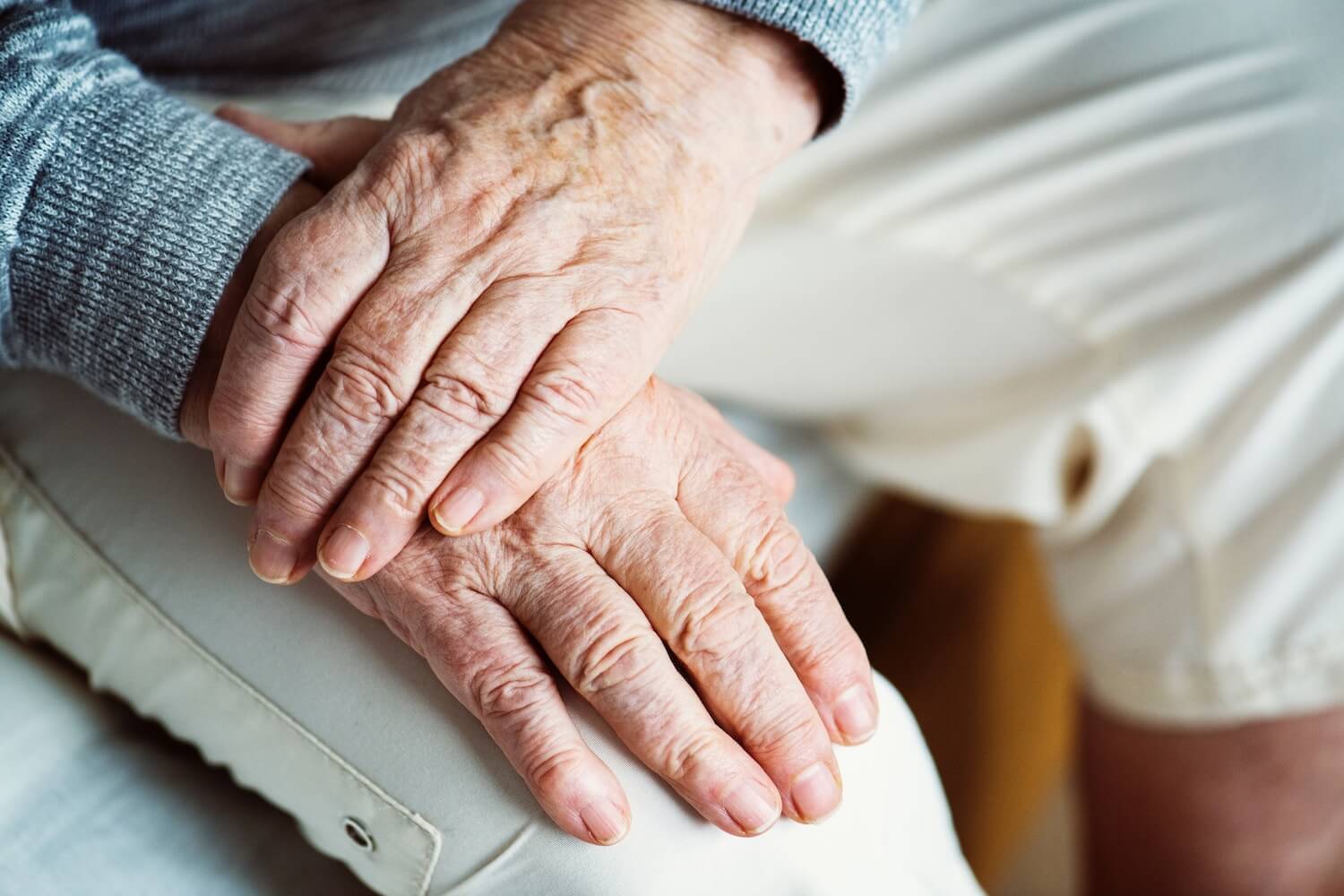
Earlier this month, it was Remembrance Sunday. I studied War Literature as part of my English degree and the haunting poems and prose of the soldiers of WW1 are forever engraved on my heart. At this time of year, we remember the fallen and pay our sincere respects to those who lost their lives.
Yet, few authors of the time recognized another casualty of that war. Approximately 2 million ‘surplus women’, who as a result of that lost generation of young men, had limited chance of doing what society expected; to marry. They became the elderly Great Aunts I remember as a child, for whom romantic love and connection had been brief or not at all. They gained companionship from each other yet many lived solitary and lonely lives.
You would think that that is now a thing of the past, but no. It is not.
- In our busy modern lives, it is estimated that over 40% of us will feel the aching pangs of loneliness at some point in our lives. A study by The Co-op and the British Red Cross reveals over 9 million people in the UK across all adult ages – more than the population of London – are either always or often lonely.
Yet despite how common loneliness is, few people are fully aware of the dramatic ways in which it impacts us.
- Loneliness, living alone and poor social connections are as bad for your health as smoking 15 cigarettes a day.
- Loneliness is worse for you than obesity.
- Lonely people are more likely to suffer from dementia, heart disease and depression.
- Loneliness is likely to increase your risk of death by 29%

Timely advice as the number of people expected to be affected by loneliness and isolation could increase to at least 1.5 million by 2028.
Yet loneliness is not just a factor of age. A survey by Action for Children found that 43% of 17 – 25 year olds who used their service had experienced problems with loneliness, and that of this same group less than half said they felt loved.
- Action for Children have also reported 24% of parents surveyed said they were always or often lonely.
- Research by Sense has shown that up to 50% of disabled people will be lonely on any given day.
Is it modern life that is actually making us lonely?
Research shows that:
- Loneliness does not depend on how many friends or relationships you have. Loneliness depends entirely on the subjective quality of your relationships—on whether you feel emotionally and/or socially disconnected from those around you. That is why…
- More than 60% of lonely people are married. When married couples no longer share their deepest feelings, thoughts, and experiences with one another it can leave them feeling disconnected and alone. People in such relationships truly believe their spouse cannot offer them the deep connection they would like.
Social interaction and a search for a sense of wellbeing is hardwired into all of us.
A report by the Mental Health Foundation shows that loneliness in young people is increasing with many feeling less connected and suffering more depression due to social media pressures as it is all about the ‘edited-me’ – where everyone else looks to be having a wonderful day and fun times with friends and thus their feelings of isolation and not being one of the in-crowd are made worse.

Being Ms. Popularity on social media doesn’t protect you from loneliness. In fact, there is no correlation between people’s Facebook usage and their overall friendship satisfaction or number of close friends, according to a “State of Friendship” report from GetLifeBoat.com. “Relying only on Facebook to socialise is not as rewarding as supplementing it with real-life face time, as it’s hard to get the same feeling of caring from a computer screen because you’re missing the spontaneous laughs, warm hugs, and knowing nods.”
However on the flipside, just as technology can be isolating it can also make it easier to keep in contact with old friends or family, which helps ward off isolation. Make a date with long-distance friends or relatives using FaceTime on your iPhone or iPad, or download the Skype app to connect with them in real time on your computer. It’s great.
In the home, there are a number of ways we can design for wellbeing and greater connection. We are basically tribal people who want to connect and belong, yet this needs to be balanced by the need for each individual to have the ability to some privacy. This is not only true of families with younger children.
It is never more true than when the empty nesters find that their older children – due to Uni finishing, or the need to save for a home of their own or divorce – are back in the family home again. Due to increased life expectancy and health issues it is not uncommon to also find the older generation living under the same roof too.
Wellbeing means being comfortable, healthy and happy. So now is the era of living affordably while sharing and interacting with others. More housing for single people of all ages is now being designed to offer individual apartments with shared communal facilities and work and leisure facilities nearby. Many housing estates are now removing on street parking and creating communal areas to encourage community interactions and safe outdoor play.
Within a home the key is to strike a balance between privacy and interaction. Allowing children or young adults to be autonomous in their own space is important but so too is meeting together in communal areas such as the kitchen to share meals with no phones at the table and no TV blaring in the background. My memories of childhood include sitting with my Grandma watching Call My Bluff and Dad’s Army so some shared screen time is also important as is going outside either into the garden or for a walk in the park or neighbourhood.
What else can you do?
Well, just the simple act of saying hello to an elderly neighbour – or for that matter a neighbour of any age (as the 20% of young people living alone face an estimated 80% increased risk of depression compared to their peers) – can be a vital lifeline. As can asking them if you can get them anything from the shops or joining a scheme such as Spare Chair Sunday campaign, a partnership between Contact the Elderly and Bisto which encourages you to invite an elderly lonely neighbour to Sunday lunch or afternoon tea.
.
We can design our lives and homes to tackle this new loneliness. That way the books of the future can look back on this time as one of care and a better design for living for all.

